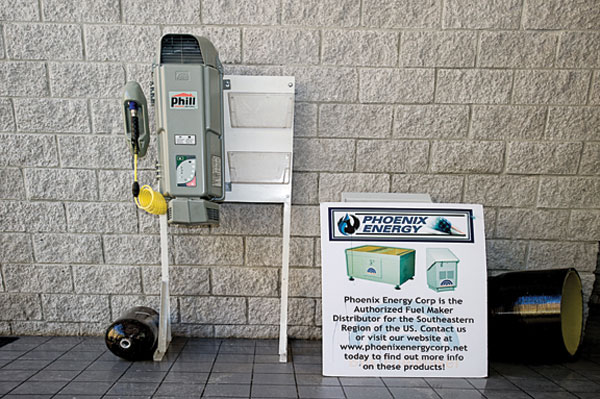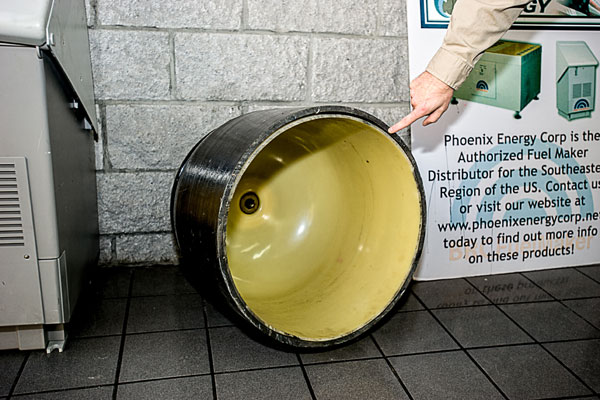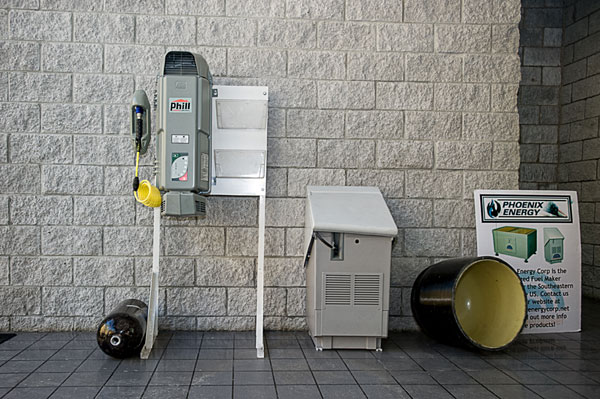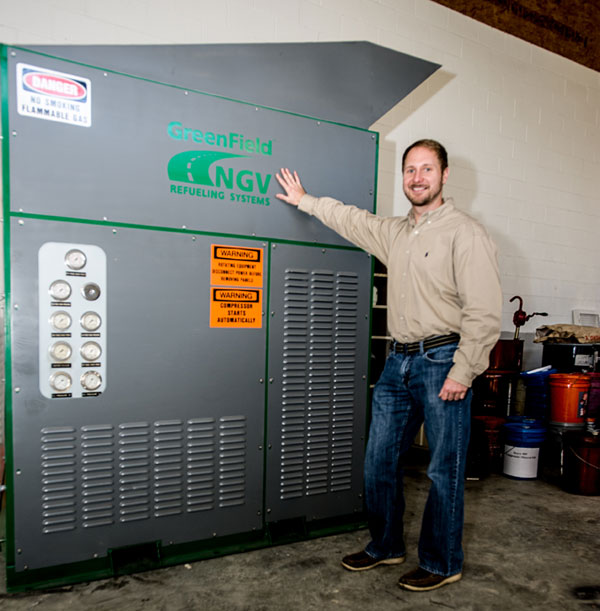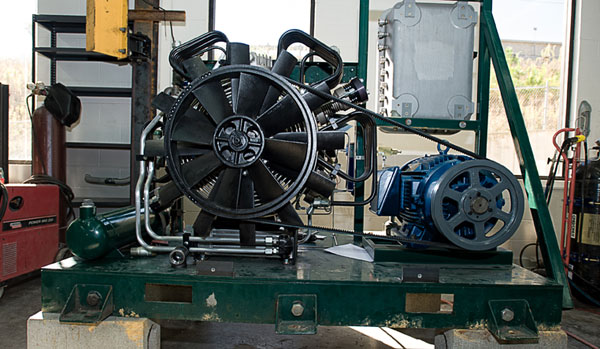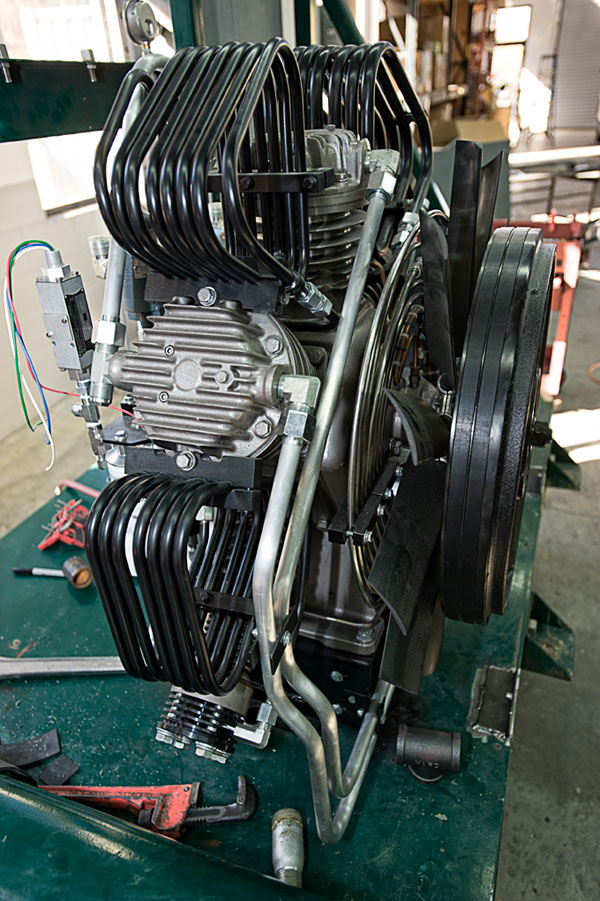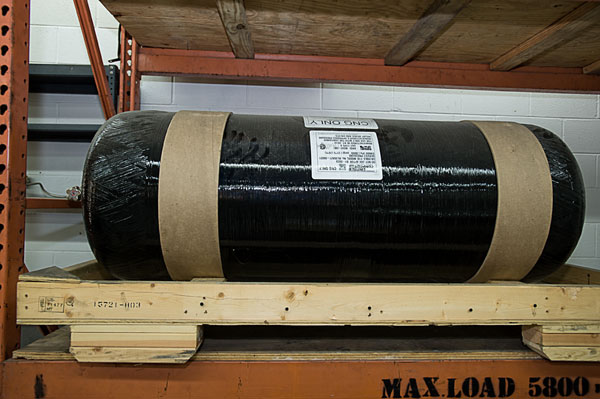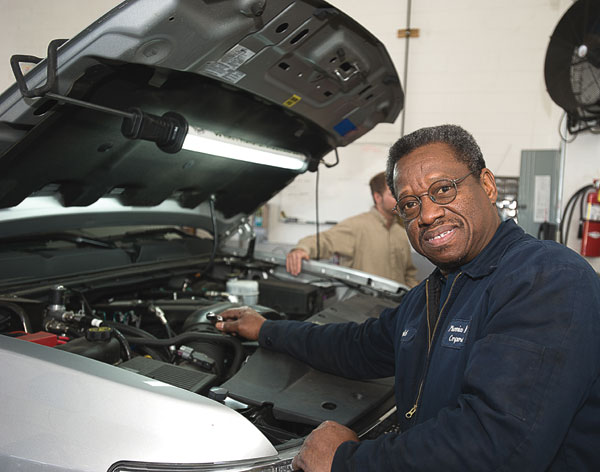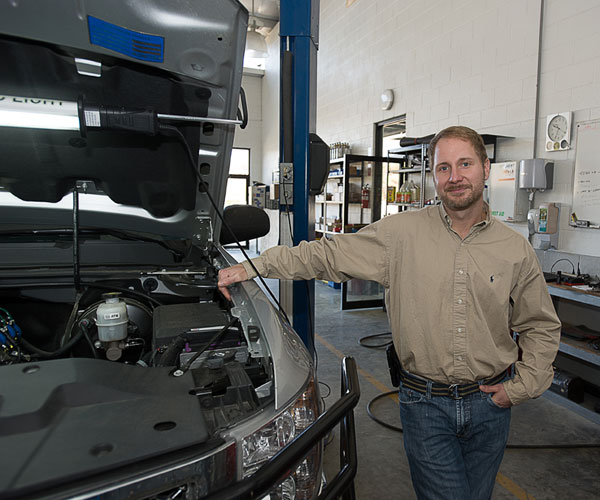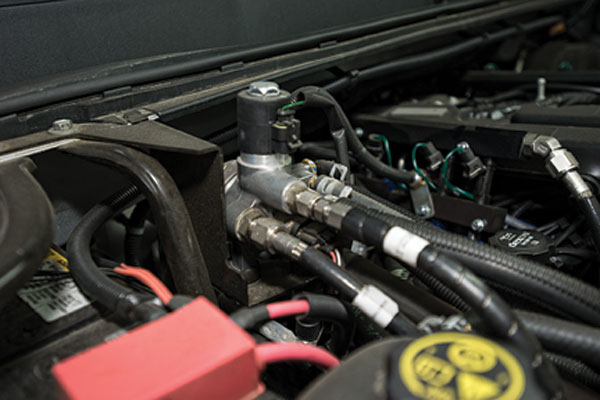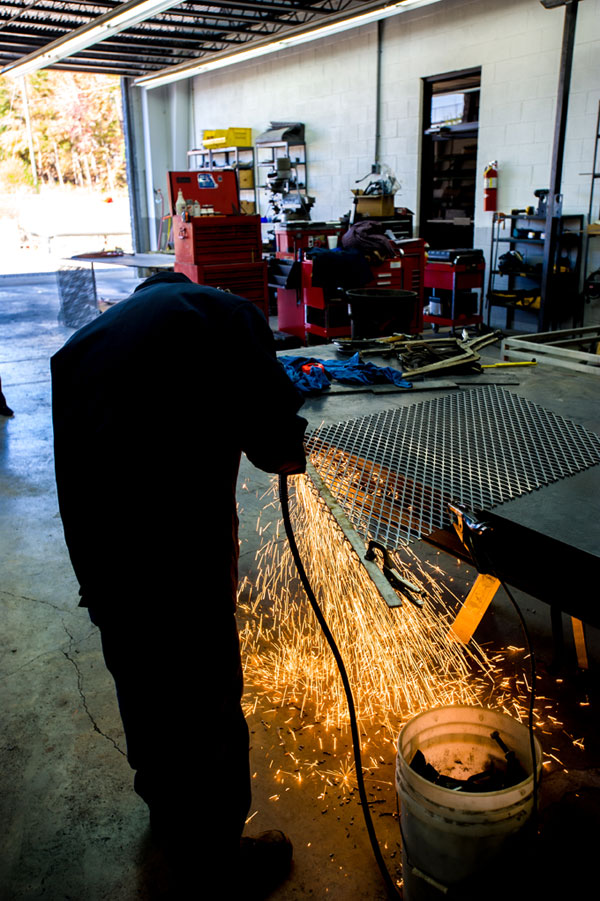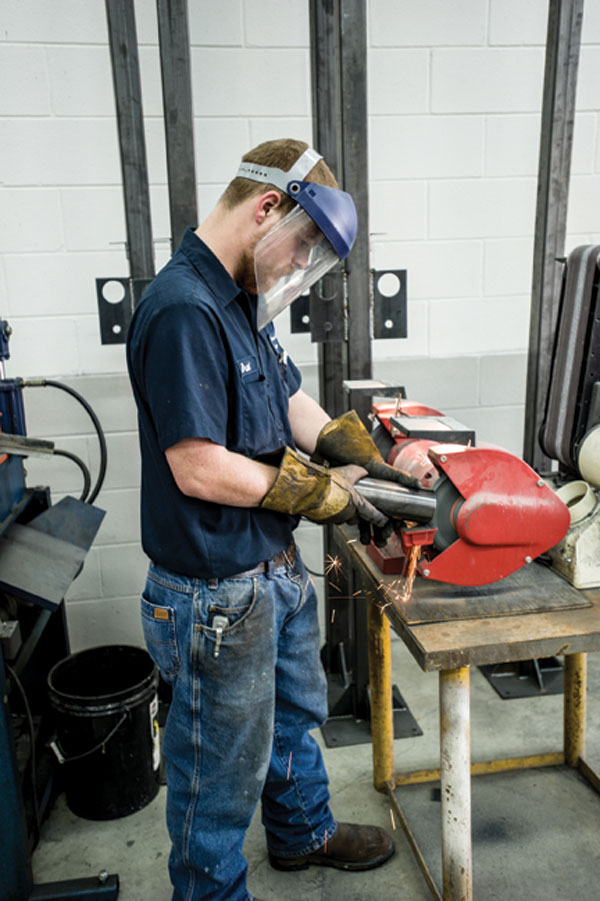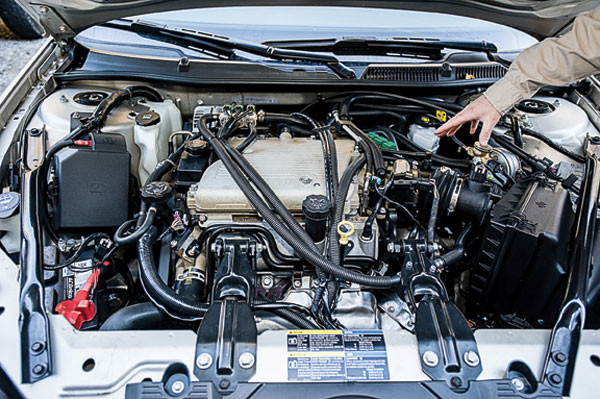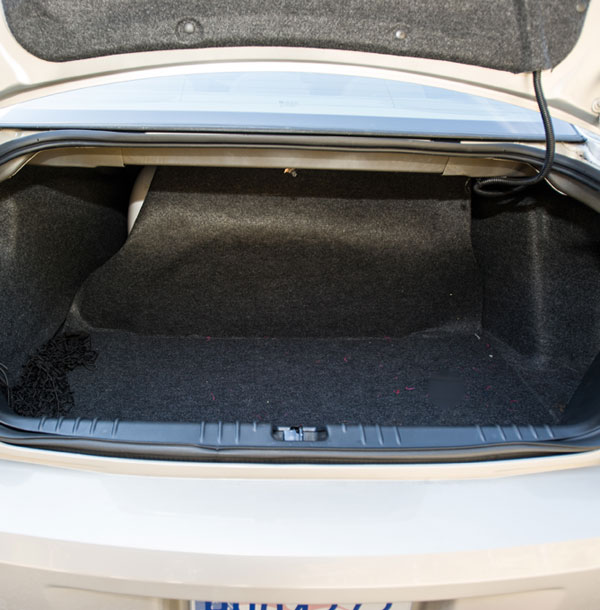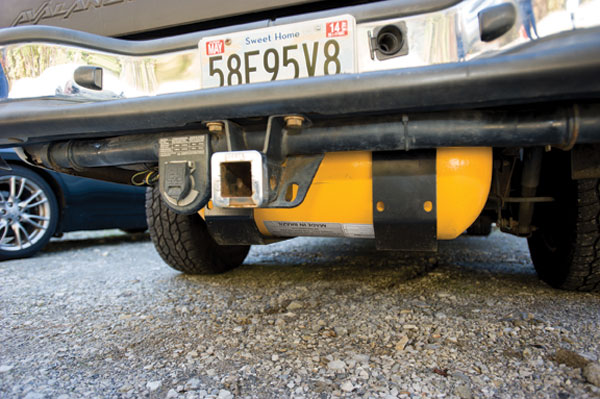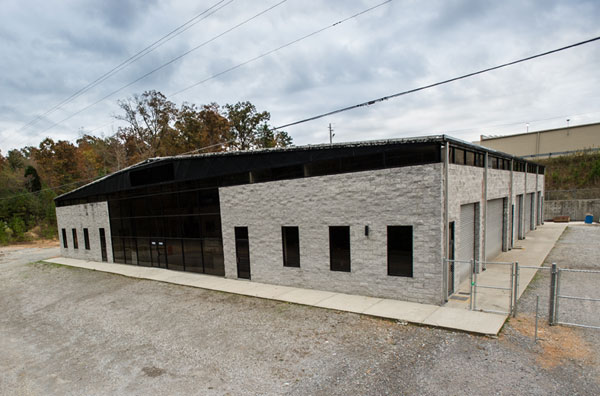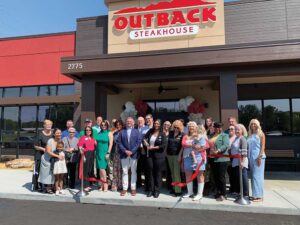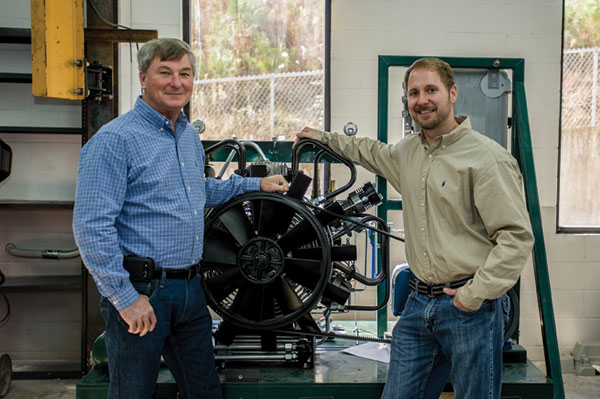
Leading the Way in emerging industry
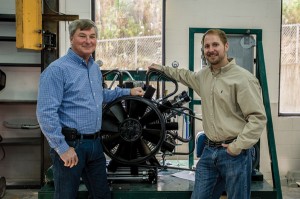 By Carol Pappas
By Carol Pappas
Photos by Wallace Bromberg Jr.
Give Matt Hyde a few minutes, and he’ll likely convert you to the positives of alternative energy as easily as his company converts cars and trucks into using natural gas.
It’s not just a job to him. It’s his passion. “It makes it easier when you love what you do,” he said, just days after Phoenix Energy cut the ribbon on its new home in Pell City. An Alabama leader in converting vehicles to run on compressed natural gas, the company moved its headquarters and 13 employees from Jefferson County to St. Clair with an eye toward the future.
St. Clair Economic Development Council officials “were there from step one. They really wanted us to come. They were a great liaison,” he said.
“Phoenix Energy, as a leader in the alternative fuel industry, is a company with great growth potential,” according to Jason Roberts, Project Manager for the EDC. “We are happy to have them as part of St. Clair County’s industrial community.”
Now settled into its 14,400-square-foot building on Lewis Lake Road, Phoenix Energy is moving toward that growth potential. As Hyde, the company’s operations director, points out, at $2 a gallon, “every time you fill up, it’s a return on your investment.”
Phoenix Energy was created in 2004, and it has come a long way in a short time. Hyde’s father, Ken, became majority owner of the company after he retired from Alabama Gas Co. It was a natural fit. He had been working with Alabama Gas’ fleet of natural gas vehicles since 1978.
Today, Phoenix has grown from two employees to 13 and works with customers throughout the Southeast, converting vehicles to compressed natural gas usage.
The up-front cost to convert a vehicle is between $6,000 and $12,000, depending on driving habits. Over a 10-year period, he estimated the savings in gasoline and oil changes alone can amount to $40,000. On top of savings, it is cleaner energy, so the vehicle lasts longer, and the resale value is better, he said.
The barriers to growth of this emerging industry are convenience — there are only seven natural gas fueling stations in Alabama, for instance — and getting companies comfortable with the idea. Frito Lay and Waste Management are two of the more recognizable names who are not only comfortable with the concept of using compressed natural gas as their fuel source, they have embraced it.
This past summer, Frito Lay opened its first compressed natural gas refueling station in Wisconsin and is expected to build seven others across the country. In a statement from the company about the fleet conversion, Frito Lay officials said its 208 compressed natural gas vehicles will translate into the elimination of 7,863 metric tons of carbon emissions, which is equal to 1,125 cars annually. It is a viable alternative for other fleets of large companies, municipalities and school districts. But refueling stations are needed along major corridors so that they can have access to natural gas, Hyde said.
Phoenix will have its own refueling station open to the public within the next year, Hyde said. “It’s a logical fuel source for America right now. It’s abundant, and it’s cheap.”
America imports $1.7 billion a day worth of petroleum. By his figures, America could have paid off the national debt in seven years by converting to natural gas as an alternative fuel.
The natural gas cylinder can be mounted in the bed of a pick-up truck, under its rear frame or in the trunk of a car. A “brain box” is located in the engine that tells which fuel is in the fuel tank — gas or natural gas — and it can switch between fuels without interruption.
Personal compressor units are available at an investment of $4,900 to $7,100, so the user can refuel at home as well.
When he sits in traffic, his own truck converted to natural gas, “I feel like I’m doing my part — doing something good for my country. I have the power to do something good for this country, and it’s natural gas,” he said.
“It functions like gas. It’s 85 percent cleaner for the environment, and you’re saving money. It’s a win-win.”
While it will take time for universal acceptance, Hyde likens it to another automobile visionary. “Henry Ford didn’t build the first car based on gas stations.”











